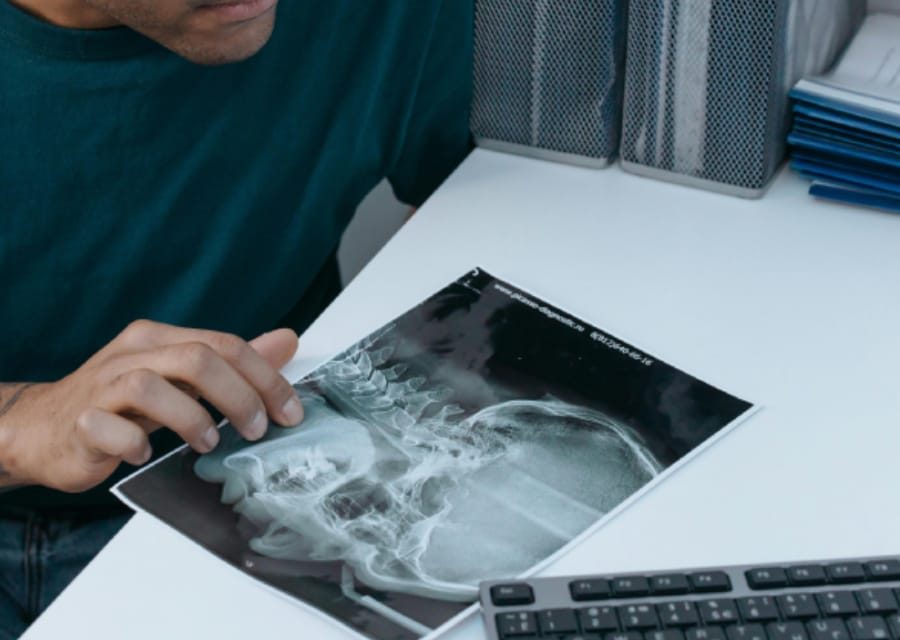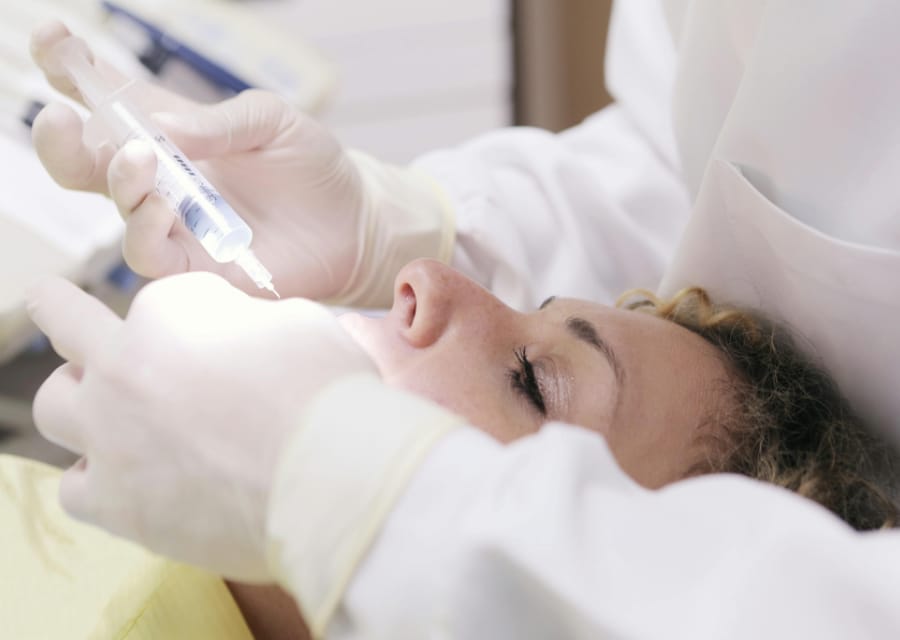
Oral cancer is a serious health concern that can affect various parts of the mouth, including the lips, gums, tongue, cheeks and throat. Early detection is crucial for successful treatment and better outcomes. Understanding the symptoms of oral cancer can empower you to seek medical advice when necessary. Here’s what you need to know.
Common Symptoms of Oral Cancer
- Unexplained Sores or Ulcers
- One of the most common signs of oral cancer is a sore or ulcer in the mouth that doesn’t heal within two weeks. These can appear on the gums, tongue or inside the cheeks.
- Lumps or Growths
- Any unusual lump or growth in the mouth or neck should be taken seriously. These may feel hard or tender and can vary in size.
- Persistent Pain
- Ongoing pain in the mouth or throat, particularly if it does not seem related to a specific injury or dental issue, could indicate a problem.
- Difficulty Swallowing or Chewing
- If you experience persistent difficulty swallowing or chewing, it might be a sign of oral cancer affecting the throat or tongue.
- Changes in Oral Tissue Color
- Look for white patches (leukoplakia) or red patches (erythroplakia) on the gums, tongue or lining of the mouth. These changes can be precursors to cancer.
- Numbness or Loss of Sensation
- A feeling of numbness or loss of sensation in any part of the mouth may indicate nerve involvement due to cancer.
- Changes in Voice or Speech
- If you notice changes in your voice or have difficulty speaking, it could signal that cancer is affecting the areas of the mouth or throat involved in speech.
- Chronic Bad Breath
- Persistent bad breath that doesn’t improve with oral hygiene could be a sign of an underlying issue, including cancer.
- Weight Loss
- Unexplained weight loss can be a symptom of various health problems, including oral cancer, especially if it is accompanied by other symptoms.
Risk Factors to Consider
While recognizing symptoms is essential, being aware of risk factors can also help you understand your susceptibility to oral cancer:
- Tobacco Use: Smoking or using smokeless tobacco significantly increases the risk.
- Alcohol Consumption: Heavy alcohol use can compound the risks associated with tobacco.
- HPV Infection: Certain strains of the human papillomavirus (HPV) are linked to an increased risk of oral cancers.
- Age: Oral cancer is more common in individuals over the age of 40.
- Poor Nutrition: A diet low in fruits and vegetables can increase risk.
When to See a Doctor
If you notice any of the symptoms listed above or have concerns about changes in your oral health, it’s crucial to consult a healthcare professional. Early diagnosis is key in effectively treating oral cancer. Regular dental check-ups are also important, as dentists can often identify early signs of oral cancer during routine examinations.
Conclusion
Being proactive about your oral health is essential. Familiarizing yourself with the symptoms of oral cancer can lead to early detection, which is vital for successful treatment. Maintain regular dental appointments and don’t hesitate to seek medical advice if you notice any concerning changes. Your health is worth the attention!
To schedule an appointment at ‘Sukumar Dental Clinic’ call +91-7418210108 or WhatsApp Dr. Sukumar at +91-9655225002. We take pride in having the top dental clinic in Palayamkottai, Tirunelveli. Alternatively, you can email us at info@sukumardental.com


